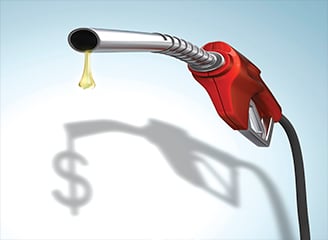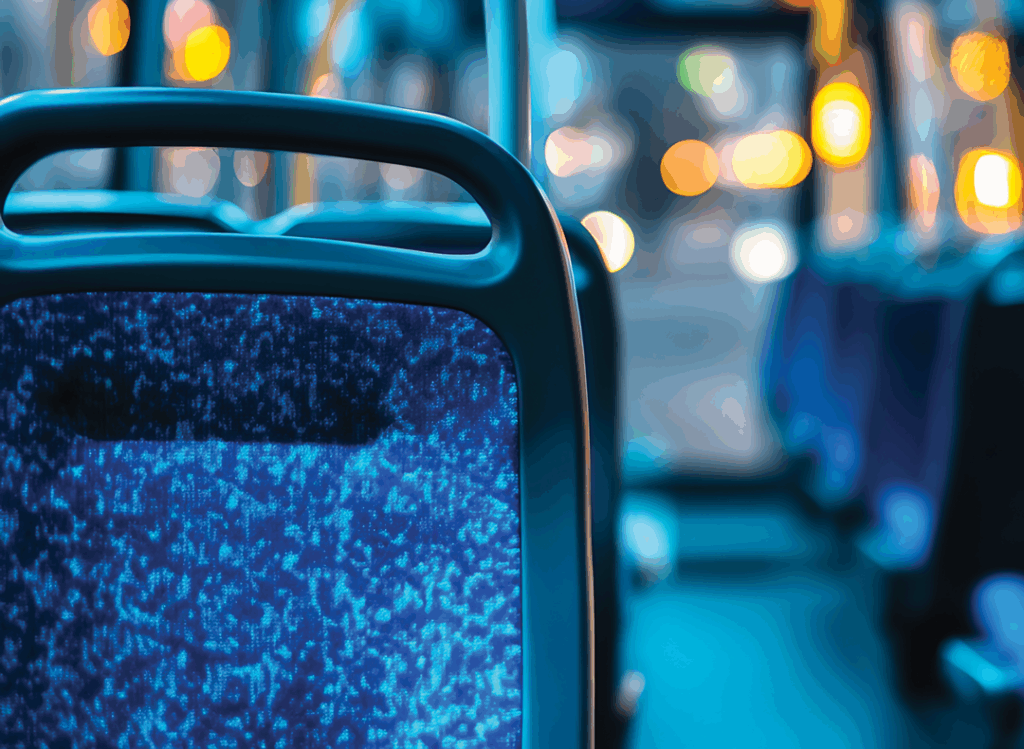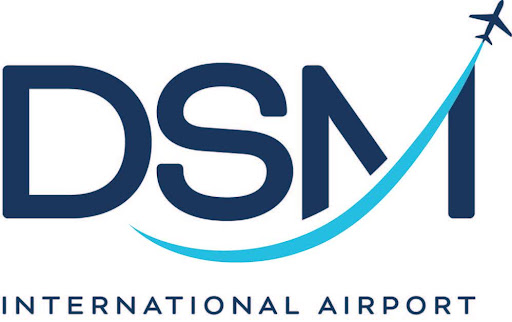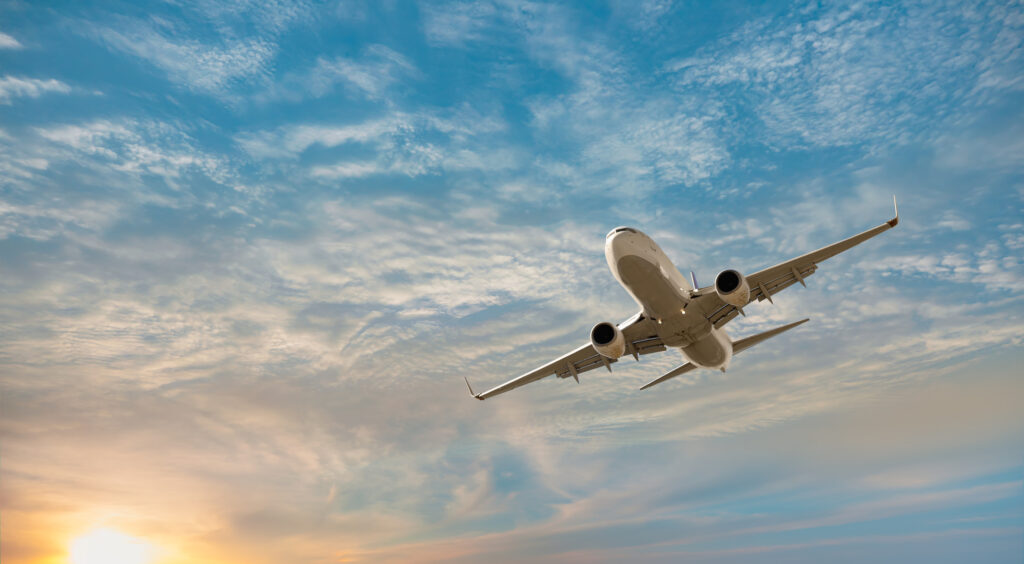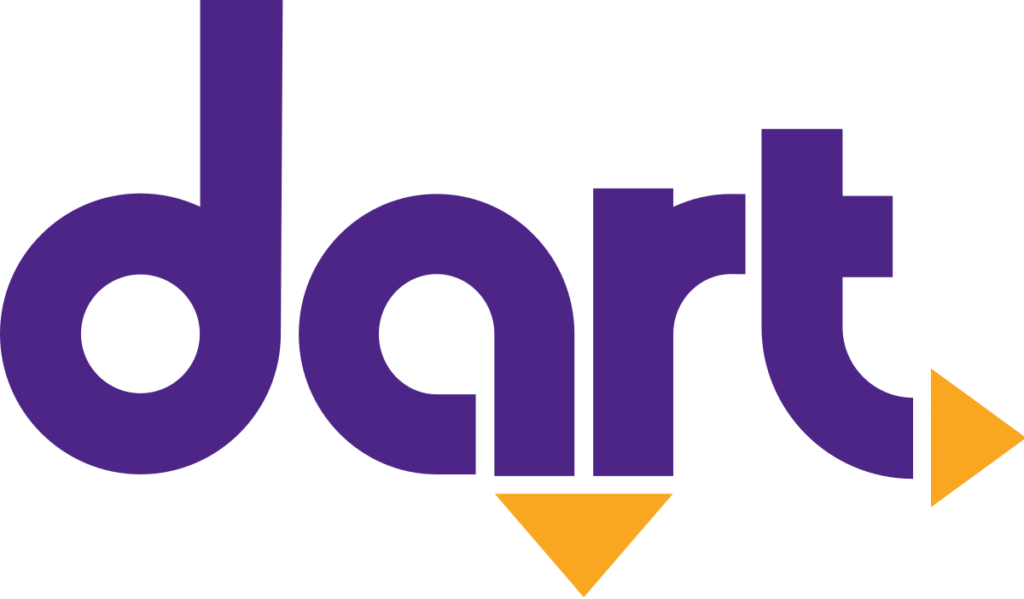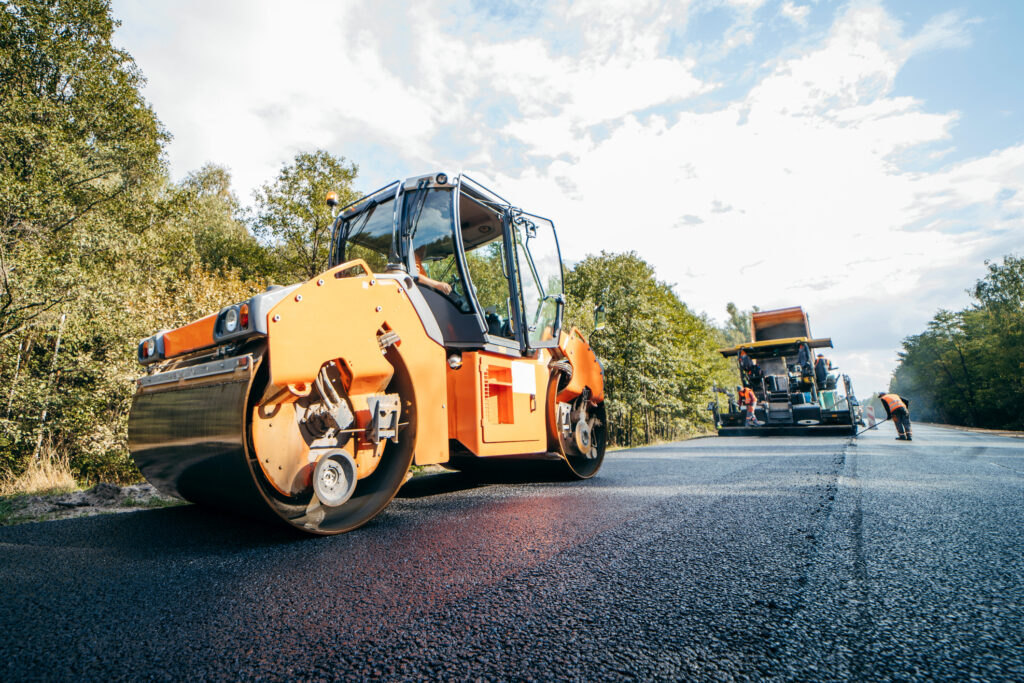Is this the year for a transportation funding increase?
Despite business support, an increase seems to face an uphill battle

There was some optimism for a transportation funding bill at the Greater Des Moines Partnership’s legislative luncheon in December. But that optimism seems to have dissipated as the 2014 session starts.
Georgia Van Gundy, chair of the Partnership’s Government Policy Council and director of government relations at Principal Financial Group Inc., called on the lawmakers in attendance to make an increase in transportation funding this year’s version of property tax reform. In other words, after years of talking about the need for more money to repair roads and bridges, Van Gundy and the Partnership called on the Legislature to finally pass a bill.
Van Gundy doesn’t have as much optimism now, though.
“There’s not really anybody leading on the issue,” she said. “I think it’s still going to be a year where they continue to do some education, and hopefully in a non-election year next year, everybody will sit down and take a more serious look at it.”
That is unfortunate, she said. The Iowa Department of Transportation in 2012 identified a critical funding shortfall of $215 million per year over the next 20 years in the state.
In the recent past, the conversation about transportation funding has revolved around an increase in the state’s gasoline tax, which hasn’t been raised since 1989. A citizen advisory council put together by Gov. Terry Branstad in 2011 recommended an 8- to 10-cent-per-gallon increase, which would bring in $184 million to $230 million per year in extra revenue.
Late last year, the Iowa Department of Transportation came up with some alternative ways to raise funds without boosting the gas tax. The ideas included a 6 percent excise sales tax on fuel sales and a fee increase for new vehicle registration from 5 to 6 percent.
Whatever the method, the Partnership is on board. So is Heartland Express Inc. CEO Michael Gerdin. Gerdin, whose company operates about 5,000 semitrailer trucks nationwide.
“These costs are something that should be borne by everybody who used the roads,” Gerdin said. “We’ve got to reinvest in these roads. … This stuff does not last forever.”
But increasing a tax is hard in an election year.
Pam Jochum, a Dubuque Democrat who is president of the Iowa Senate, said it will take strong leadership from the governor for any substantial increase in transportation funding, which she hasn’t seen yet. The issue of transportation funding was not mentioned in Branstad’s Condition of the State address.
There’s always been an understanding, she said, that an equal number of Democrats and Republicans in the Senate and House will have to vote to increase the gas tax. Last year, she said, all groups had the necessary votes except Senate Republicans.
“It just didn’t happen,” Jochum said. “So yeah, we need to get on it.”
Kraig Paulsen, a Republican from Hiawatha who is speaker of the Iowa House of Representatives, said he wasn’t prepared to make a prediction on the fate of any transportation bill in the House this year.
“But nothing has given me a signal that anything has changed since we left last year,” he said.
There are a lot of pieces of potential funding in the DOT recommendations, he said, and he doesn’t see all of them happening, but “my best guess would be maybe some of them will pass.”
But without somebody taking a strong lead, 2014 will probably be another year of talking about a gas tax increase or some other form of transportation funding, Van Gundy said.
“At some point in time, all the policymakers need to sit down and figure out how to get it done, just like they did with property tax reform,” she said.
Key elements of the Iowa DOT’s funding concepts
– Increase the fee for new vehicle registration from 5 to 6 percent, a move expected to raise $60 million per year.
– Eliminate the state per gallon fuel tax and replace with a 6 percent excise sales tax on fuel, expected to raise an additional $467 million between 2015 and 2025.
– Apply a state excise sales tax on dyed fuel sales used for farm equipment, expected to raise about $38 million per year.
– Apply a local option sales tax to fuel sales, expected to generate $80 million per year.
– Increase the oversize/overweight vehicle permit fees, expected to raise about $10 million per year.
– Streamline county treasurer funding for driver’s license and vehicle registration services, expected to retain $27.9 million annually for county treasurers and raise $3.6 million in additional funding.

